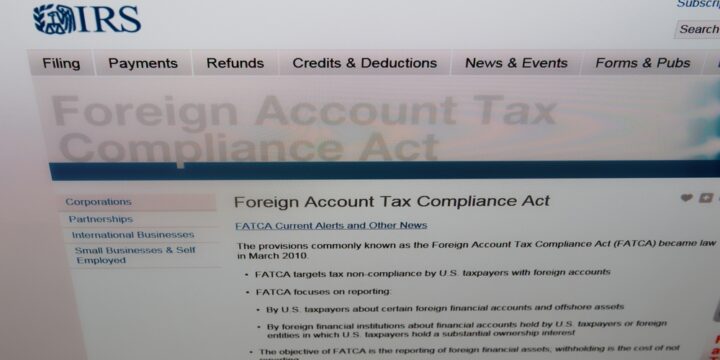
U.S. Real Property Interest Non-Recognition Transfers- Can the IRS Assess Interest When No Tax is Due?
By Anthony Diosdi When a U.S. income tax nonresident alien (“NRA”) or a foreign corporation (hereinafter referred to as a “Foreign Taxpayer”) disposes of a U.S. real property interest (“USRPI”), the Foreign Taxpayer is subject to the Foreign Investment in the U.S. Real Property Tax Act of 1980 (“FIRPTA”). Pursuant to FIRPTA, a Foreign Taxpayer is subject to tax on the gain or loss from the disposition of a USRPI as if the Foreign Taxpayer were engaged in a U.S. trade or business during the taxable year, and as if such gain or loss were effectively connected with such trade or business. According to FIRPTA and presuming an exception to the general rule does not otherwise apply, if a Foreign Taxpayer disposes of a USRPI, the transferee of the USRPI…








